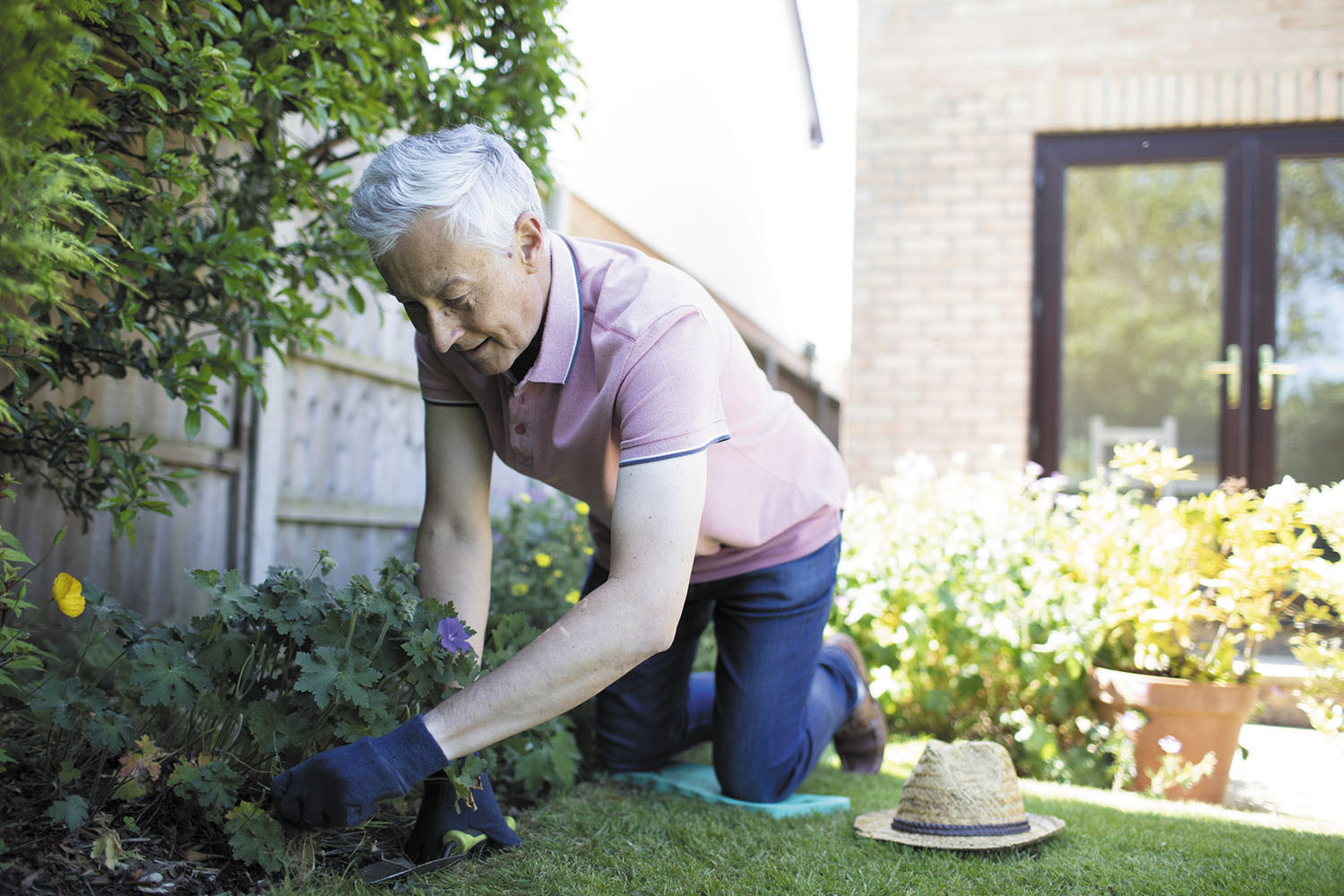
Driving with arthritis pain: Stay comfortable — and safe — behind the wheel

Daily cup of coffee may prevent afib recurrence

Gene-editing therapy lowers harmful blood fats in early study

What is EMDR therapy, and who can it help?

GLP-1 drugs versus bariatric surgery for treating obesity

Two dumbbells, three exercises, and 10 minutes

Easing the emotional burden of IBS

Modify your push-ups to meet your fitness level

What is long QT syndrome?

Stroke survivors may benefit from very low LDL levels
Balance Archive
Articles
Try this: All aboard for paddleboarding
Paddleboarding is a popular water sport in which people stand or kneel on a "surfboard" and use a long paddle. It's a great stress buster, and it can help improve balance and strengthen key muscles, like those in the core, back, arms, and shoulders.
Rising up from a fall
Older adults need to safely be able to sit and rise from the ground whether kneeling in the garden, looking for something under the bed, or playing on the floor with the grandkids. This movement is also helpful when getting up after a fall. Three exercises that can help older adults with daily up-and-down mobility are kneel-to-stand, crawling, and sit-to-stand.
Quick fixes to keep you from falling
About half of all falls take place in the home. To prevent them, it helps to eliminate fall hazards in every room of the home, such as floor clutter and throw rugs.
Plyometrics: Three explosive exercises even beginners can try
Plyometric training involves short, intense bursts of activity that target fast-twitch muscle fibers in the lower body that generate power for increased speed and jumping height. Doing plyometric exercises can boost strength, power, and agility.
What is a silent stroke?
Most strokes are caused by a clot that blocks a blood vessel in the brain. Those that damage small areas of brain tissue that don't control any vital functions are known as silent strokes because they don't cause any noticeable symptoms.
Coping with recurring vertigo
For many people, attacks of vertigo recur periodically. The attacks are usually caused by a disorder of the balance (vestibular) system. Examples of balance disorders include benign paroxysmal positional vertigo (BPPV), cervical vertigo, Meniere's disease, and vestibular migraine. Treatment for recurring vertigo involves getting the underlying cause under control; seeking physical therapy tailored to people with balance disorders; and (for people with BPPV) doing a particular maneuver to reposition loose debris in the ear canal.
Yoga: A flexible way to enhance heart health
Yoga has modest yet positive effects on several factors linked to cardiovascular health, including lower blood pressure and lower levels of harmful LDL cholesterol. The postures, breathing, and meditation practices inherent in yoga help cultivate the relaxation response, which trains the body to be less reactive during times of stress. People new to yoga should seek out a beginner, gentle, or chair yoga class, especially those who are over 65 or who have any medical conditions.

Driving with arthritis pain: Stay comfortable — and safe — behind the wheel

Daily cup of coffee may prevent afib recurrence

Gene-editing therapy lowers harmful blood fats in early study

What is EMDR therapy, and who can it help?

GLP-1 drugs versus bariatric surgery for treating obesity

Two dumbbells, three exercises, and 10 minutes

Easing the emotional burden of IBS

Modify your push-ups to meet your fitness level

What is long QT syndrome?

Stroke survivors may benefit from very low LDL levels
Free Healthbeat Signup
Get the latest in health news delivered to your inbox!
Sign Up











